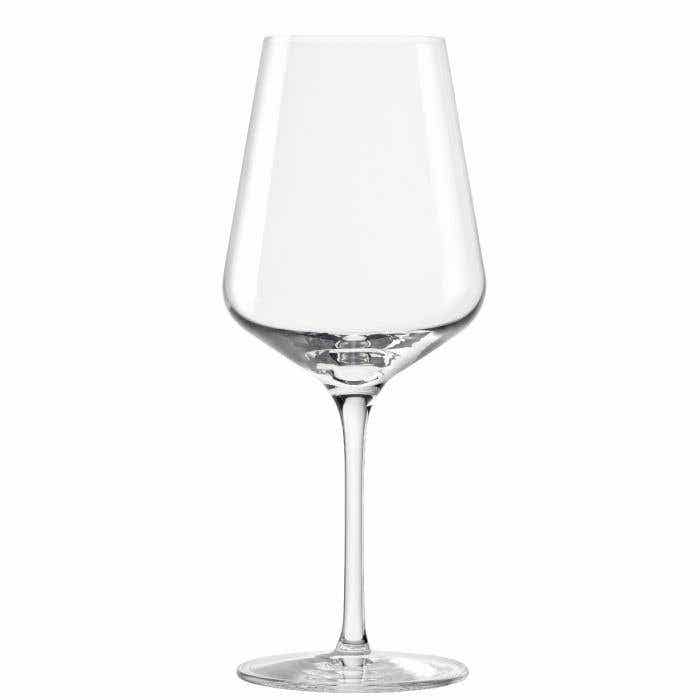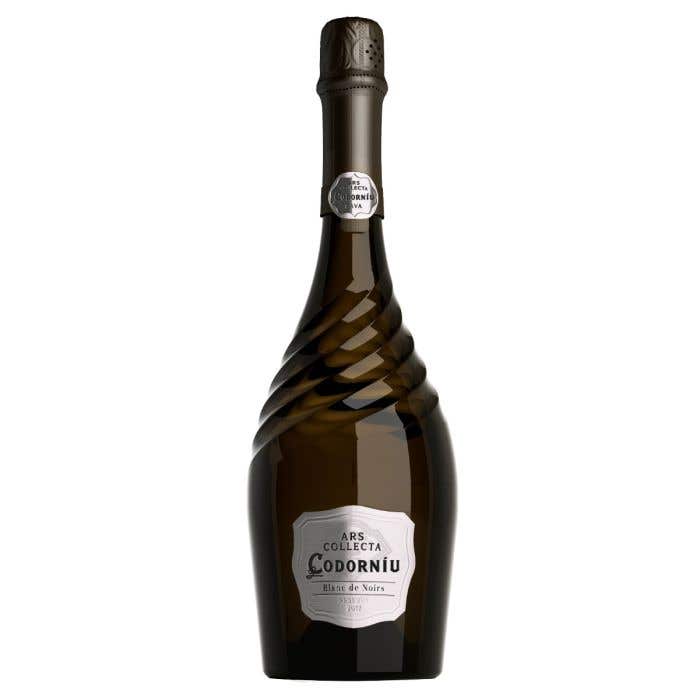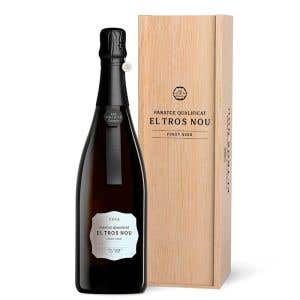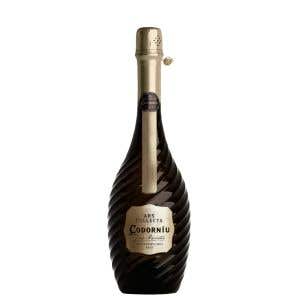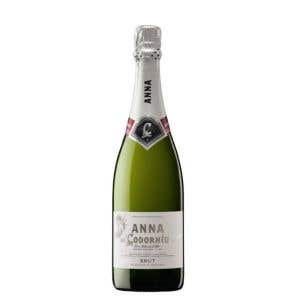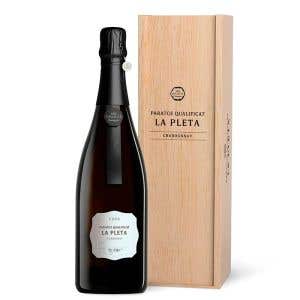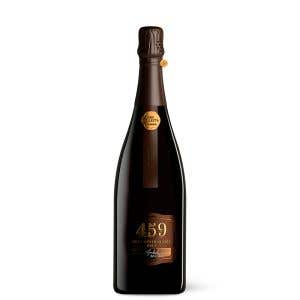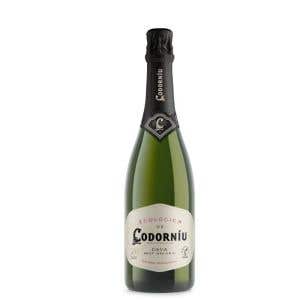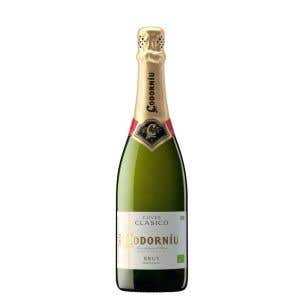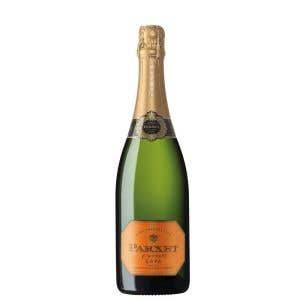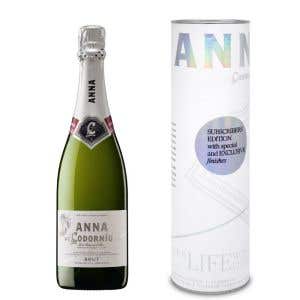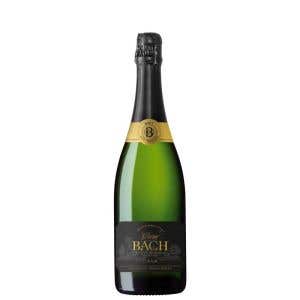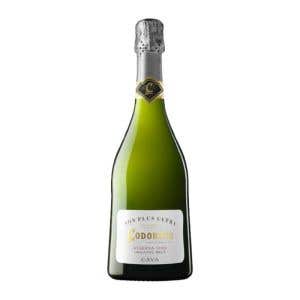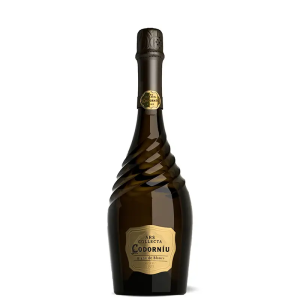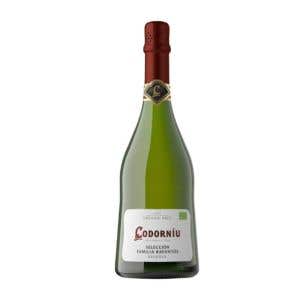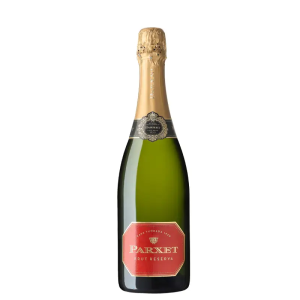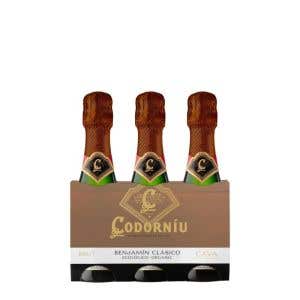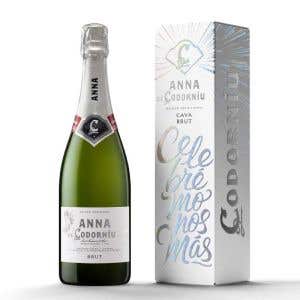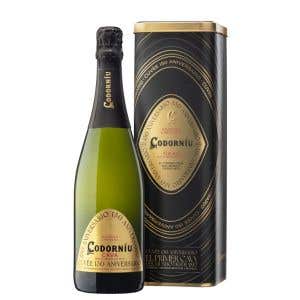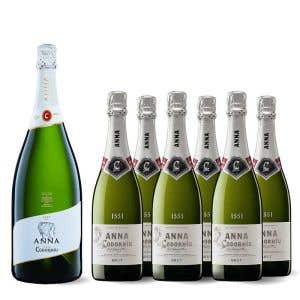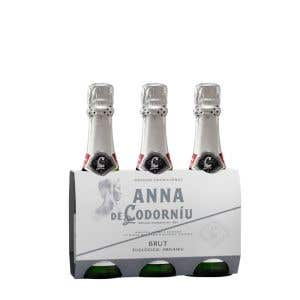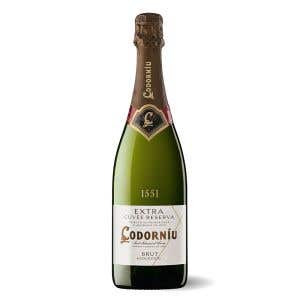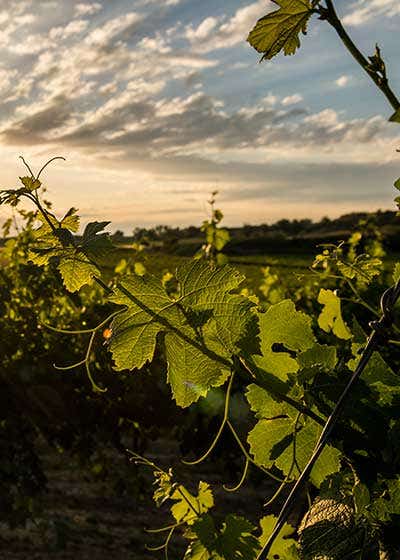

Ars Collecta represents the legacy of almost five centuries of winemaking expertise. Our experience, together with an exhaustive understanding of our vineyards, have allowed us to create this unique blend of grape varieties that come from two different climatic areas and vineyards where the varieties can show their best potential. Pinot Noir from Segrià (Continental) is the main variety, giving freshness and ageing potential. Trepat from Conca de Barberà (Continental) and Xarel.lo from Penedès (Mediterranean) complete the blend.
View
An intense straw yellow colour with very lively golden highlights and touches of purple resulting from the Pinot Noir grape. With fine, delicate and well-integrated bubbles forming a uniform and long-lasting mousse.


Nose
It shows the true expression of Pinot Noir with exquisite aromas of white flowers and red fruits.
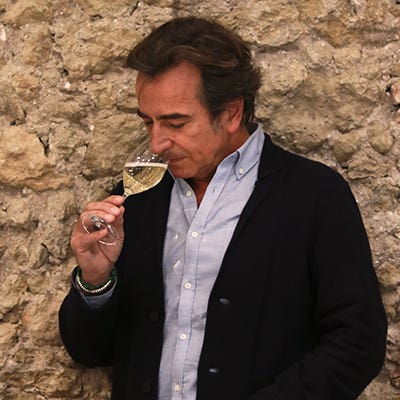

Palate
Aromas return on the palate, where it shows body and noticeable freshness. It is creamy, delicate and long.
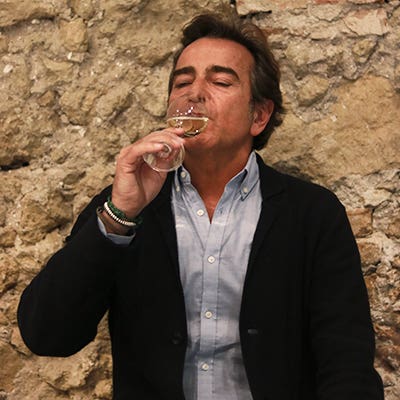

Varieties and Analysis
Yes
Contains sulfites11.5%
Alcohol volume (%)D.O. Cava
Designation of OriginPinot Noir, Trepat, Xarel·lo
Variety/CoupageCava
ProductYes
Suitable for vegansThe Winery
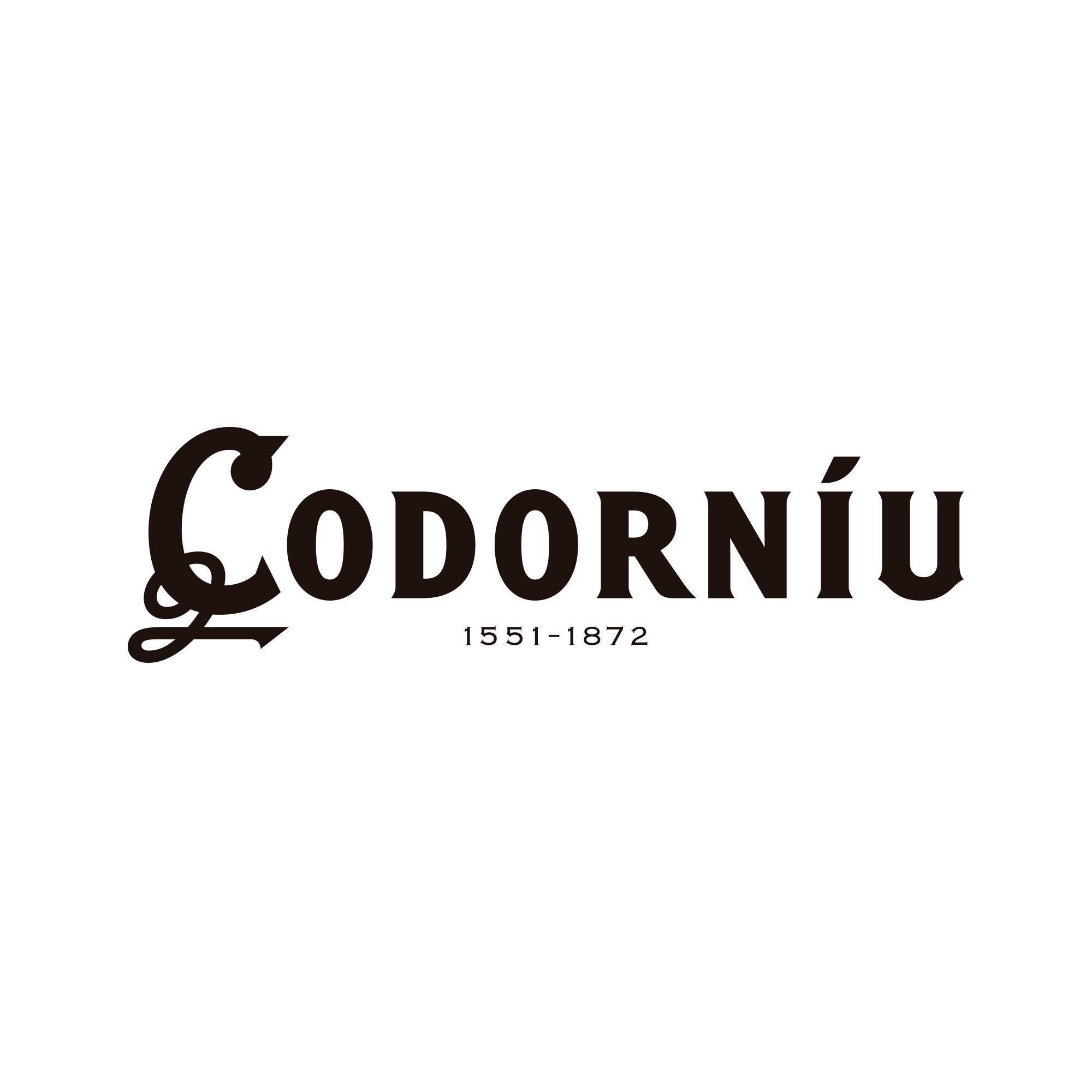

The history of Codorníu is the story of 18 generations of a vine growing family. In 1872, Josep Raventós made the first bottle of cava, applying the traditional method to a blend of the grape varieties of Penedès: Macabeo, Xarel·lo and Parellada. Codorníu reflects the history, tradition, passion and expertise of a family winery with more than 450 years of history, which today continues to maintain its leading position in the production of quality wines and cavas. His cellars in Sant Sadurní d’Anoia were declared a National Historic Artistic Monument in 1976, as one of the key works of Catalan modernism, created by Puig i Cadafalch.
Elaboration - Vinification
Every part of the process that we follow to produce this cava has the aim of respecting what the land gives us.
Cava produced from a selection of vineyards, where the grape varieties show their greatest potential and expressivity. The main grape variety is Pinot Noir from Costers del Segre with a continental climate. The Trepat is from Conca de Barberà, also an area with a continental climate, and the Xarel·lo is from the central plain of Penedès with a Mediterranean climate. Harvest took place at the start of August at night, to take advantage of the cooler temperatures and to avoid the oxidation of aromas in the grape. Upon arrival, the grapes were pressed gently in a pneumatic press and the must was fermented in small lots at 17 ºC. After ageing for 35 months at a constant temperature between the thick walls of our cellars, this Blanc de Noirs Reserve has a long life ahead of it. Every part of the process that we follow to produce this cava has the aim of respecting what the land gives us, creating a fresh cava with a long ageing potential.


Vineyard - Viticulture
In the 2017 vintage, the three areas where the grapes for this cava come from shared the same issue: a persistent drought that made it look like it would be impossible to pick any grapes.
Although yields were lower than in previous years, berry condition was impeccable and concentration was impressive. In Costers del Segre, the harvest began and ended very early but it was gradual and smooth. In Conca de Barberà, yields were moderate, with the red grapes showing a high concentration of aromas. In Penedès, where the Xarel·lo grape comes from, we picked fewer grapes but the aromas were clean and well defined. Good acidity made it clear that the cavas of this vintage would be very suitable forcellaring.

